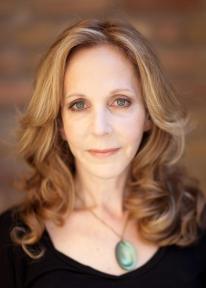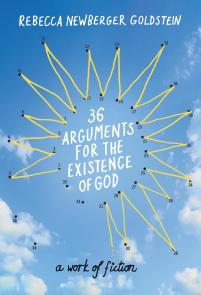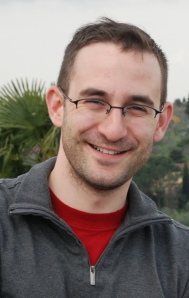In their respective novels SUM: Forty Tales from the Afterlives and 36 Arguments for the Existence of God: A Work of Fiction, David Eagleman and Rebecca Goldstein both explore the relationship among science, literature and religion. In a candid and uncensored email conversation, the authors compare their writing processes and talk about their search to marry the limitations of science with literary imagination.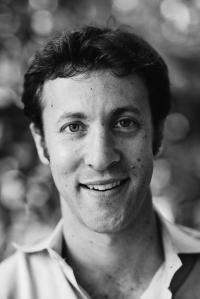
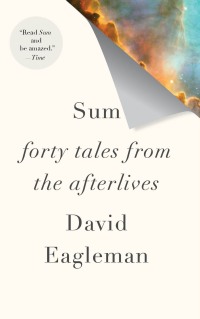
Dear Rebecca,
First, let me say that I loved 36 Arguments for the Existence of God. It’s wide ranging and very smart in its approach to life’s questions. While reading your book, it struck me that you and I are both writing from a similar space at the intersection of science and literature. We both live in the corridors of academia–and even more specifically, in the world of the science of the mind–and our fiction seems to soak up that background in the form of vocabulary and concepts.
There’s probably a lot to explore about that nexus of worlds, but to get the conversation started I thought I’d pick out one particular point: I think that space provides a good launching pad for exploring big ideas while giving no truck to dogmatism. And that seems to be the formula for both good science and good literature.
As we know, many first-class writers spend their energies assembling arguments in the God/No God debate, but perhaps there is more interesting material to talk about. To this end, I immediately liked the deception of your book’s title: I felt that the real story was neither about arguments for nor against the existence of God, but instead about interesting ideas in the middle ground. The narrative seeks no easy solutions, but is instead willing to live with complexity. This is epitomized in one of your characters, Azarya, who understands both the speciousness of religious edicts as well as their deep importance to community.
In the end, your book struck me as both post-religious and post-atheist. Am I correct about that characterization, or would you disagree? This is actually a description that a reader suggested to me about Sum during a book reading. I loved the phrase and stole it! After all, life is more interestingly complicated than either side of the God argument might suggest, and it often feels to me that a science-based and non-dogmatic position might be the right place to start the exploration. After all, the scientific temperament is persuaded by evidence, but when no evidence exists, it is comfortable with uncertainty. I think that’s an interesting place from which to write literature nowadays. What are your thoughts?
-David
Dear David,
It is wonderful to be in dialogue with you. Although we’ve never met, I know that there is much mutual understanding and sympathy. We’re both as deeply touched by science as by literature, and, for some reason that I’ll never understand, that makes us members of a smallish set. I have some specific questions I’d love to ask you, but before I get to them let me address your questions to me.
You’re right that I tried, from the very beginning of the book–that is, in its title–to squeeze in the ambiguity and complexity and paradox that I think lurks around these God debates. The full title is even longer than the one you quote. It’s “36 Arguments for the Existence of God: a Work of Fiction,” and I meant that sub-title to be an ironic comment on the proofs themselves (or, as one ardent atheist reader pointed out, on God Himself, a work of fiction). I wanted ambiguity and complexity and paradox because that’s the sphere that humans inhabit at their deepest core, and no questions draw deeper from that core than those raised by the God debates. In the Appendix, where I simply analyze the arguments as a trained philosopher, I can be straightforwardly rigorous, knocking down one argument for God’s existence after another. But in the body of the novel, where the human reactions toward the whole complicated business of religion is what animates the plot and characters, things gets far more complicated. Is it possible to be an atheist who feels sympathy toward at least some of the religious impulses–which, by the way, I think can be given purely secular expression? Would that make me post-atheist and post-religious? I’m not sure, but in any case, that describes me.
So here’s my question to you regarding your extraordinary Sum: Do you have a philosophical position regarding the possibility of the afterlife, and did it in any way play into the conception of your novel? Do your professional views in neuroscience allow you to entertain the possibility of an afterlife?
My best,
Rebecca
